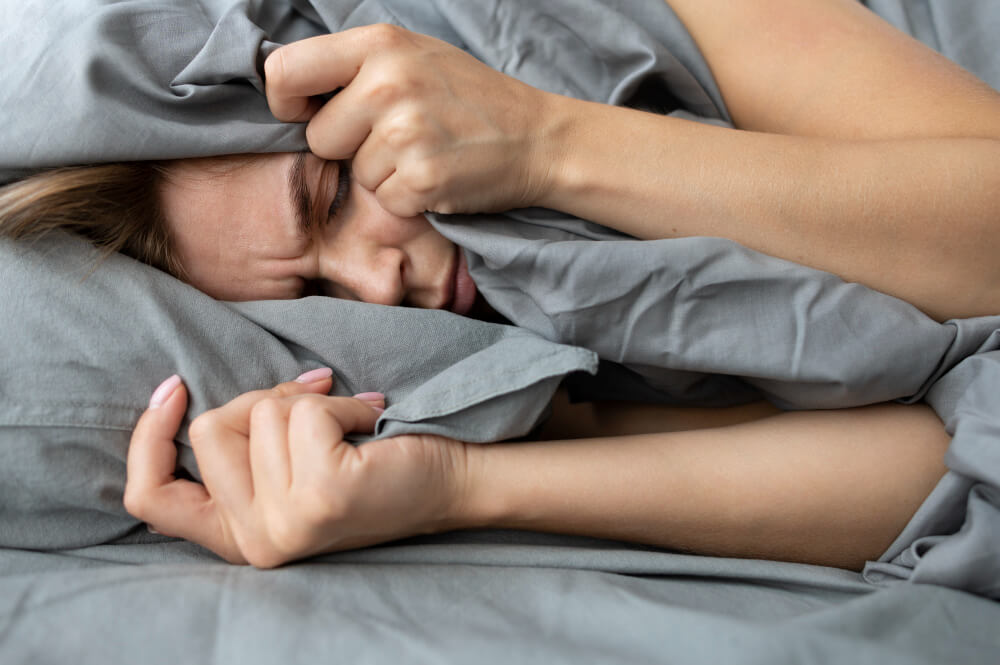Unlocking Better Sleep: Understanding & Treating Common Sleep Disorders
For many of us, a good night’s sleep feels like a distant dream. We toss and turn, our minds racing, counting sheep that stubbornly refuse to jump over the fence. The alarm clock screams, but our bodies feel heavy, and our brains foggy. This relentless struggle with sleep can significantly impact our daily lives, affecting our mood, energy levels, and even our physical health.
But you’re not alone. Millions of people worldwide grapple with sleep disorders, conditions that disrupt your ability to fall asleep, stay asleep, or experience restorative sleep. The good news? Sleep medicine has made significant strides in understanding and treating these conditions. This article will be your guide to unlocking better sleep by exploring common sleep disorders and the various solutions sleep medicine offers.
Unveiling the Sleep Thieves: Common Sleep Disorders
Sleep disorders come in various forms, each with its own set of symptoms and causes. Here are some of the most common sleep disruptors:
- Insomnia: The inability to fall asleep or stay asleep, leading to daytime fatigue and irritability.
- Sleep Apnea: A condition where breathing repeatedly stops and starts during sleep, causing fragmented sleep and oxygen deprivation.
- Restless Legs Syndrome (RLS): An irresistible urge to move your legs, often accompanied by an unpleasant sensation, typically worsening at night.
- Narcolepsy: A neurological disorder characterized by excessive daytime sleepiness and sudden attacks of sleep paralysis.
- Circadian Rhythm Sleep Disorders: Disruptions to your natural sleep-wake cycle, often caused by jet lag, shift work, or medical conditions.
These are just a few examples, and sleep disorders can manifest in various ways. If you suspect you might have a sleep disorder, it’s crucial to consult with a doctor or sleep specialist for proper diagnosis and treatment.
Decoding the Mystery: Causes of Sleep Disorders
The causes of sleep disorders are complex and can be a combination of factors. Here’s a glimpse into some common contributors:
- Medical Conditions: Certain medical conditions like chronic pain, depression, anxiety, and neurological disorders can disrupt sleep patterns.
- Medications: Some medications may have side effects that interfere with sleep.
- Lifestyle Habits: Poor sleep hygiene, irregular sleep schedules, excessive caffeine or alcohol intake, and screen time before bed can negatively impact sleep quality.
- Environmental Factors: Light, noise, and temperature fluctuations in your sleep environment can disrupt sleep.
Understanding the underlying cause of your sleep disorder is essential for developing an effective treatment plan.
Sleep Medicine: Your Path to Better Sleep

Sleep medicine is a dedicated field of medicine specializing in diagnosing and treating sleep disorders. Sleep specialists can offer a range of solutions based on the specific disorder and its cause. Here are some common treatment options:
- Cognitive Behavioral Therapy for Insomnia (CBT-I): This evidence-based therapy helps develop healthy sleep habits and manage negative thoughts that contribute to sleeplessness.
- Continuous Positive Airway Pressure (CPAP): A device commonly used to treat sleep apnea by gently blowing air into the airway to prevent blockage during sleep.
- Medications: Sleep medications may be prescribed in some cases to help regulate sleep patterns.
- Lifestyle Modifications: Adjusting your sleep schedule, creating a relaxing bedtime routine, and optimizing your sleep environment can significantly improve sleep quality.
Natural Sleep Hacks for a Restful Night
While sleep medicine offers a variety of treatment options, there are also natural sleep hacks you can incorporate into your routine to promote better sleep:
- Establish a Regular Sleep Schedule: Go to bed and wake up at consistent times, even on weekends, to regulate your body’s natural sleep-wake cycle.
- Create a Relaxing Bedtime Routine: Wind down before bed with calming activities like reading, taking a warm bath, or practicing relaxation techniques like deep breathing or meditation.
- Optimize Your Sleep Environment: Ensure your bedroom is dark, quiet, cool, and clutter-free to create an environment conducive to sleep.
- Limit Screen Time Before Bed: The blue light emitted from electronic devices can suppress melatonin production, a hormone that regulates sleep.
- Develop Healthy Exercise Habits: Regular physical activity can improve sleep quality, but avoid strenuous workouts close to bedtime.
- Practice Relaxation Techniques: Techniques like mindfulness meditation or progressive muscle relaxation can help calm the mind and body before sleep.
- Limit Caffeine and Alcohol: While caffeine may provide a temporary energy boost, it can disrupt sleep later in the day. Similarly, excessive alcohol consumption can fragment sleep.

